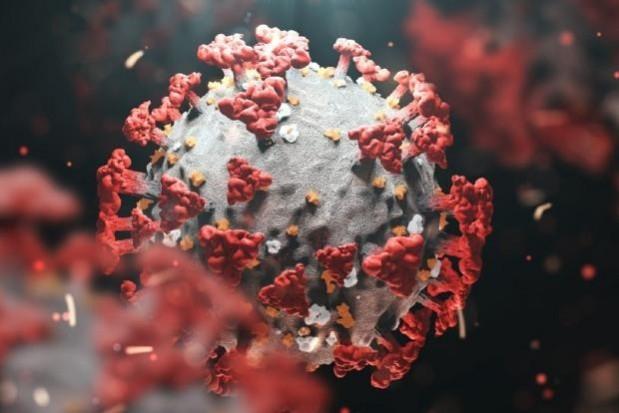Covid-19 cases are ticking up again in the northeast of the US as the BA.2 Omicron subvariant took hold of the region.
The northeast recorded at least 126 new infections per 100,000 people last week, doubling the rate one month ago, according to a report in The Washington Post.

New infections in the Northeast were more than twice as high as in the west, midwest and southeast last week, according to federal data.
The BA.2 Omicron subvariant now makes up more than 85 per cent of new Covid-19 cases in the US, according to the latest data from the U.S. Centers for Disease Control and Prevention (CDC).
The BA.2 subvariant is thought to be about 30 per cent more transmissible than the original BA.1 Omicron strain, early study suggested.
The administration of US President Joe Biden announced on Wednesday that it is extending the nationwide mask order for public transit for 15 days as it monitors the uptick in Covid-19 cases, Xinhua news agency reported.

In order to assess the potential impact the rise of cases has on severe disease, including hospitalisations and deaths, and healthcare system capacity, the CDC mask order will remain in place at this time, the agency said in a statement.
The mask order, which was set to expire on April 18, will run through May 3 to allow more time for the CDC to study the impact of the BA.2 subvariant in the country.
The US is now averaging about 30,000 new Covid-19 cases, 500 deaths and 1,400 hospitalisations every day, according to the latest CDC data.
However, experts said official case counts did not provide a full picture of the pandemic because many at-home test results have not been reported to state or federal health agencies.
The lack of testing may be another reason that Covid-19 cases go underreported.
At the height of the Omicron wave in January, the US was administering more than 2 million tests per day. That dropped to about 236,000 last Saturday, according to the most recent data from the CDC.
Health experts said rolling back Covid-19 mitigation measures such as mask mandates and vaccine requirements may have come too soon, and the continued rise in Covid-19 cases poses a higher risk to the public, especially children and the immunocompromised groups.














